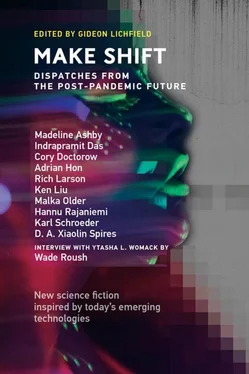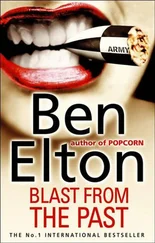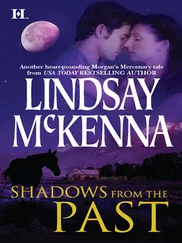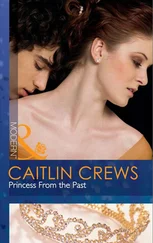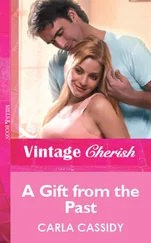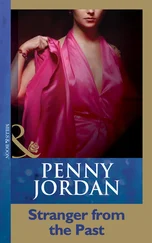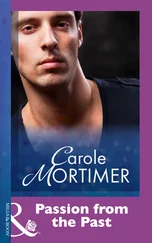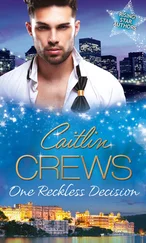A white, Midwestern science fiction professor told me once that he prided himself on going to the best schools, reading the best books, and later in his adult years stumbled across Octavia E. Butler. He fell in love with her works and was disgusted that he’d never heard of her before. Why hadn’t he studied her in his classes coming up? Why was she not mentioned as one of the greatest writers of his time in his literature classes? He literally said that all this time he thought he’d been to the best schools and was introduced to the best writers only to discover that there was a whole world of amazing Black creatives alive during his lifetime from the same country he’s come from that he’d never heard of. Were these schools the best? Did he receive a good education? He can’t even call himself well read due to racism, and this is just the tip of the iceberg.
Frantz Fanon said that racism didn’t benefit the victim, perpetuators, or those who found themselves complicit in it all. Martin Luther King, Jr. said that injustice anywhere is injustice everywhere. Why? Because we’re all human beings living on a shared planet. Yes, this is a moment to create or enhance our systems so that they care about the well-being of people. It’s an opportunity to center humanity and the planet.
Yet, I do see people caring for one another. There’s an abundance of “neighborliness.” I had three neighbors pass away during this period. After one neighbor’s funeral, the procession of cars came to my block. The cars were led by a purple and gold carriage carrying the body. Yes, I wrote that correctly. A carriage. A fairytale Cinderella-style carriage with gold trim. A minister on a remote microphone asked if any neighbors wanted to say a few words. Some said prayers. One guy came to the mike and gave this rousing inspirational prayer for the block, all followed by a balloon launch. Over a hundred balloons were sent into the sky in honor of this man who most in our society would describe as ordinary. Despite this, he made an impact. Here we were, literally two days after the first wave of protests and looting, and we’re doing a balloon launch. People who didn’t even know the guy were participating in this shared respect for life. This moment of humanity was heartwarming. We did this as a celebration of life. We did this as a recognition of a new ancestor. But the collective acknowledgment of life elevated us all. We, as a block, were all uplifted. In that moment, I said, “We’re going to be okay.”

2
Little Kowloon
Adrian Hon
I WAS TWELVE YEARS OLD WHEN I LIVED THROUGH MY FIRST PANDEMIC. THE RULESwere exciting at the start, like a new game to be navigated. No touching the mail, wearing home-made masks like bandits, assembling miniature mountains of rice and flour in the cupboards. But the weeks and months dragged on, and I got headaches staring at my friends through the cracked screen of a tablet. I’d cry with boredom during our walks to the same park and along the same roped-off playground every day.
My boredom was accented with the fear of being near others. My brother had asthma and my mum didn’t want to take any risks. “If they get close enough, you lose a point,” she said. That kind of game wasn’t as fun to play. For one thing, she never told us what would happen if we ran out of our unspecified points, although my brother and I agreed we would probably die.
Some called it a dance. Even as a child, this struck me as yet another cheerful evasion, one of those romantic lies adults tell children and themselves to elide the awfulness of our new reality. A dance should be joyful, something entered into voluntarily, not forced upon you.
Most dances have rules. This dance had only one.
THE EDINBURGH FESTIVAL STUBBORNLY REFUSED TO BE POSTPONED OR CANCELED.It was all my friends could talk about during those early months of the second pandemic, barely a decade from the first. No one understood how the festival planned to safely corral thousands of visitors without breaking the law, but damn it all—they promised the show would go on.
“That means it’s in VR. And if the festival’s in VR, it’ll be shite. As if they can compete against Epic and Disney,” said Cindy, warming up a safe two meters away. We were in Holyrood Park for our daily exercise appointment under the crags encircling Arthur’s Seat. Cindy had joined North Point the same year as me, which meant we’d been furloughed at the same time. Even though the company worked its artists hard, the job was nothing compared to the twelve-hour days she’d once pulled in Hong Kong.
But if work was a cakewalk for Cindy, furlough was heaven. She had dug up the garden in front of her flat, excited about swapping herbs and vegetables with the rest of Little Kowloon. She was determined to make the very most of her enforced holiday. In comparison, I’d been playing games and watching TV all day, every day. The closest I’d gotten to being productive was starting an augmented reality course in learning Cantonese.
I was stuck in a loop, reliving the worst year of my childhood. I hated having no control over my life, hated not knowing what would happen tomorrow. I was a planner and now nothing could be planned. Rationally, I knew H1N3 wasn’t COVID-19 again, but the lockdown felt the same.
“It won’t be in VR,” I said. “I saw Reuben’s name on the festival organizing committee. They wouldn’t bring him on board for something completely digital.” As I jogged backward, my glasses gave off a low warning buzz to remind me there was a runner approaching.
Cindy slung an easy pitch at me, the augmented reality ball catching fire moments before I switched to a catcher’s mitt. I peered down the line in my glasses and flung the ball back.
“No one gets around the lockdown, not even the festival,” shouted Cindy. “I’m calling Reuben.”
I sighed as I saw Reuben Leung’s avatar appear between us. I’d never gotten along with posh kids, especially ones educated at boarding schools like Fettes. Rumor was that he was close with Scotland’s “first daughter.” That would’ve been before he was suspended for vandalism and sent to Cindy’s school in Kowloon as punishment, before they both became involved in the Umbrella Movement.
Cindy demanded, “Is it true?”
“Yes, it’s true,” replied Reuben. “Some of us have to work for a living.”
“About the festival,” I snapped.
“The big announcement is tomorrow, so I trust you two will keep this to yourselves.” I rolled my eyes. “But yes. We just agreed it with the government. The festival will go ahead in augmented reality. Nothing to touch, nothing for the virus to be transmitted on.”
“Sounds boring. And they don’t know anything about AR,” said Cindy.
“We don’t have to. We’re setting up marquees for the most important theaters and troupes and groups, and they can stage whatever they want, as long as they do it safely. There’ll be one here, a few in the Meadows, a couple in Inverleith, one each in the Botanics and Princess Street gardens, the usual places. Six weeks to prepare, four weeks open to the public.”
“PR bullshit!” said Cindy. “As if people will buy tickets to walk through an empty tent.”
Reuben laughed. “We got the Treasury to pay for everything, through the business continuity scheme. All the tickets will be free. Yes, it’s PR. What’s wrong with that? This country is built on tourism, and we’re putting on a show so people will remember to come back next year.”
“Spoken like a true politician. Who decides which groups get to use which marquees?” I asked.
Читать дальше
